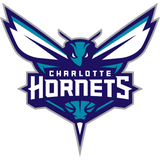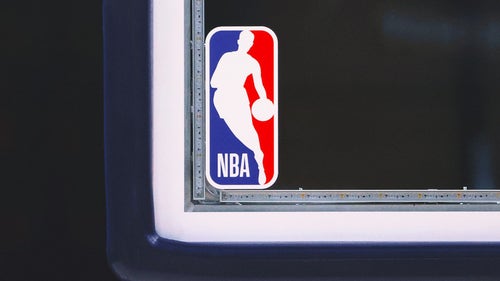
After another one bites the dust, the NBA has a big coaching problem

The NBA has a coaching problem. Teams keep hiring bad ones.
That's actually a harsh assessment for a group who probably are good men who worked long and hard to attain one of the world's 30 most elite coaching positions in basketball. So let's say organizations keep hiring coaches who are bad fits. Better?
How else to explain eight head coaches since the start of the 2013-14 season being fired before completing three full seasons? And, let's be real, only one those, Jeff Hornacek, was afforded even part of a third season. The rest were canned before completing a second season.
Second-year Los Angeles Lakers coach Byron Scott could become No. 9 when the season ends (and actually Kings coach George Karl figured to be No. 9 until Tuesday's reported Sacramento sudden change of heart).
Whether Scott stays or goes, that's still practically one-third of the NBA's teams turning over coaches within a very small window of time. Considering that most coaches are hired by teams already on the downside -- with the very rare exception of a Golden State-Steve Kerr marriage --expecting a quick-fix in a league ruled by superstar talent, doesn't seem realistic, or fair.
The Kings reportedly were considering firing Karl, who just coached his 82nd game for the franchise Monday. His predecessor, Michael Malone, was fired after just 106 games. Others canned prior to getting a full two seasons since the start of the 2013-14 season include Brian Shaw (Denver), Larry Drew (Milwaukee), David Blatt (Cleveland), Lionel Hollins (Brooklyn), Maurice Cheeks (Detroit) and as of Monday Derek Fisher (New York).
Hornacek, who won 48 games in his debut season with the Suns and was second to Spurs coach Gregg Popovich in Coach of the Year voting, didn't make it to the All-Star break of his third season.
Hey, mistakes happen. But this many?
Are there too few qualified coaches to make it in the NBA? Do organizations do a poor job of identifying prospective coaches? Or do organizations simply panic and don't give the coaches they hire the time to get things done? Whatever it is, numerous teams are paying millions to coaches not to coach.
Phil Jackson, who was never fired as a coach, fired Fisher after 136 games. But it was Jackson who hired Fisher with no coaching experience after his first option Kerr chose to coach Golden State.
The Dallas Mavericks benefitted from not having a quick-trigger with Rick Carlisle, whose 2009-10 team lost ugly in the first round to San Antonio after a 55-win season. At the end, that team seemed to be fraying, starting with veteran point guard Jason Kidd. Rather than Mavs owner Mark Cuban making a panic move to find a Kidd-friendly coach, Carlisle spent the summer mending fences and formulating a game plan, and a year later the Mavs were NBA champions.
Cleveland dumped Blatt after a Finals appearance in his first season and while leading the Eastern Conference this season. Pat Riley stuck with Erik Spoelstra when it seemed LeBron James was doing his best to make him go away early on in Miami. They won two titles and went to four consecutive Finals.
The Boston Celtics seem to be building something under third-year coach Brad Stevens, whose first two seasons finished below .500. The Toronto Raptors, not free of flaws but in one of the best stretches in franchise history, resisted firing Dwane Casey. Even the woeful Philadelphia 76ers are at least seeing out a long-term plan with the coach they want to oversee it.
Organizations like to say they want to follow the Spurs model. So why do so many insist on unnecessary instability?
Professional coaches get it, they're hired to eventually be fired. The time comes, with rare exception, when a new voice might be needed. Even among successful coaches, few exit on their own terms.
But this two-seasons-or-less trend in the NBA? At least those coaches can count their guaranteed money as the door hits them on the way out.



